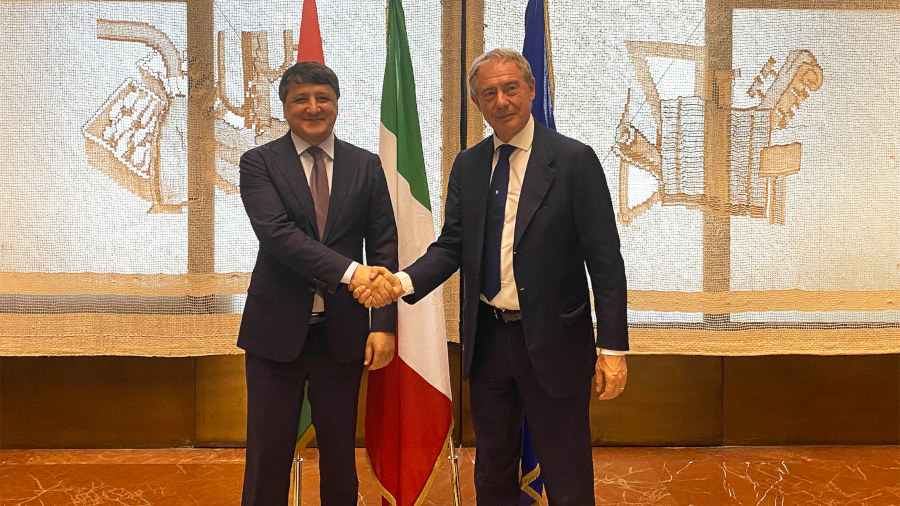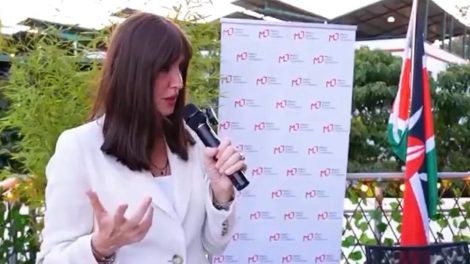The Rome-Dushanbe dialogues. On Monday, Enterprise Minister Adolfo Urso welcomed Tajikistan’s Minister of Industry, Sherali Kabir, in his office in Rome. According to an official note, the two examined the “potential, economic and trade opportunities that can be developed between the two countries,” with the latter expressing Tajikistan’s intention to strengthen its industrial ties with Italy.
- Major Italian industries can already boast a significant presence in the country’s water and energy infrastructure sector, as well as the textile sector.
- However, as with other countries in the area, Rome intends to expand ties across the board – and the economy is the springboard for more strategic reasoning.
Focus on critical raw materials. Minister Kabir pointed out that over 30 critical raw materials – those underpinning the ecological and digital transitions – can be found in Tajikistan’s mountainous underground and are extracted and refined by an already-consolidated processing chain. On his part, Minister Urso “emphasised Italy’s great commitment and interest in accessing new sources of critical raw materials” and “expressed his willingness to conclude bilateral agreements” to source processed materials from Tajikistan.
- As the Italian minister stressed, it’s about increasing the resilience of Italy’s supply chain – and de-risk from China, given the West’s over-reliance on Chinese CRMs and the increasing risk that Beijing might want to leverage its dominant position, as geopolitical tensions rise.
- Mr Urso is also working to bolster Italy’s key supply chains through a new National Sovereign Fund, currently under construction, following the likes of France and Germany – which have been striking CRM supply deals with third countries – while the EU draws up its so-called European Sovereign Wealth Fund.
Eastern outreach. Rome’s efforts to consolidate its presence in Central Asia began in 2019 with the Italy-Central Asia conference featuring representatives from Kazakhstan, Kyrgyzstan, Tajikistan, Turkmenistan and Uzbekistan. PM Meloni’s executive seems intent on pursuing that push and carving out a leading regional role.
- Last week, the Italian PM struck a “strategic partnership” with Uzbekistan’s President Shavkat Mirziyoyev, centred on economic development, as the country – along with some other regional powers – pushes to open up its economy to the world.
- It all interlaces with the decline of Russia’s status in the region, frayed by its increasingly-evident unreliability (if not outright danger it poses to the post-Soviet space) and its longer-term economic prospects as a commercial partner.
- That’s one of the reasons for countries in the region to look beyond Moscow. And that’s where Italy, which is increasingly projected eastwards, comes in.
Image: mimit.gov





